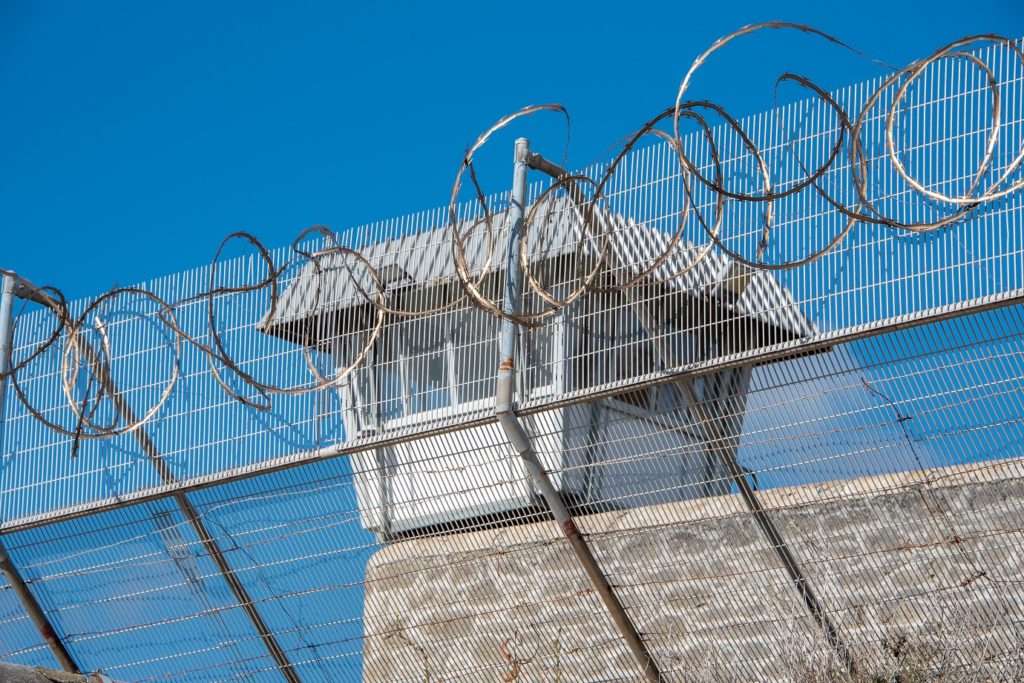Policies that have been implemented to rein in the threat of violent offending men in recent years are having a disproportionate impact on low level female offenders, according to a new report.
The report, released on Thursday by RMIT University’s Centre for Innovative Justice, draws evidence about women’s involvement in the justice system in Victoria, examining why there is an escalating imprisonment rate for women in the state.
According to the report, female offenders are being disproportionately affected by reforms implemented following episodes of public violence by male offenders. For example, rules around access to parole were restricted after the conviction of rapist and murderer Adrian Bayley.
The report says low level female offenders are ending up with higher thresholds for bail and are being incarcerated in escalating numbers.
Figures from Corrections Victoria show that over the decade to June 2020, the number of women received into custody has nearly tripled, increasing by 173 per cent. 90 per cent of the women entering the system in 2019-20 were initially on remand. The number of Aboriginal and Torres Strait Islander women being incarcerated is the fastest growing group, with a 321 per cent increase over the same period.
According to the paper, women generally commit low level offences, and in many cases are often victims of violence.
The Centre for Innovative Justice consulted frontline services working with women in the criminal justice system, including those providing legal, court, housing, substance use, family violence, mental health and counselling services. These insights were combined with research and reviews from the past fifteen years.
The RMIT paper proposes wide-ranging “options for change” that would help stop the cycle of women entering a justice system primarily designed to respond to male offenders.
One of the key recommendations is changing the threshold for bail, so low level female offenders are not unintentionally impacted. This threshold was previously changed to make it harder for offenders to get bail.

